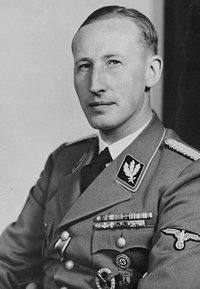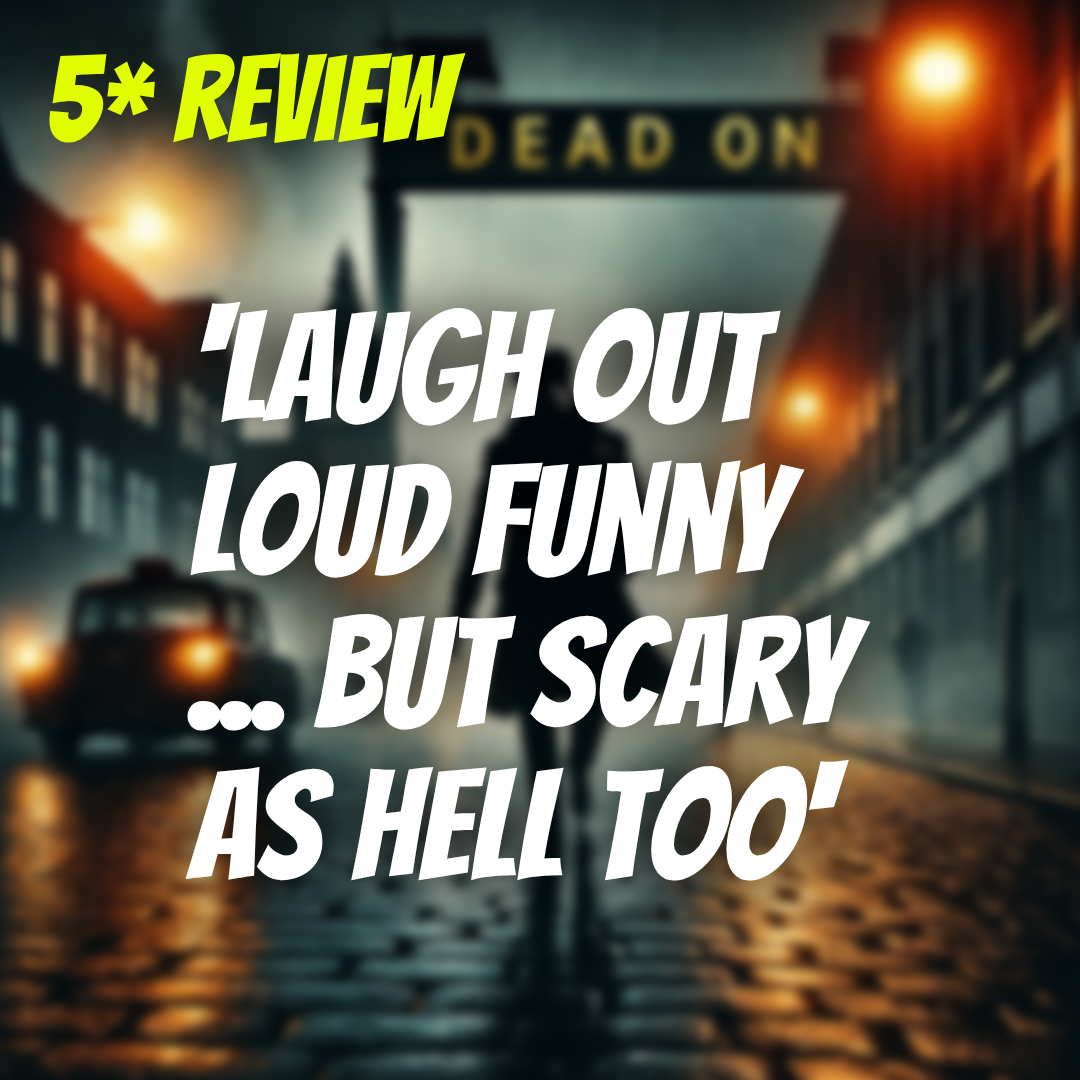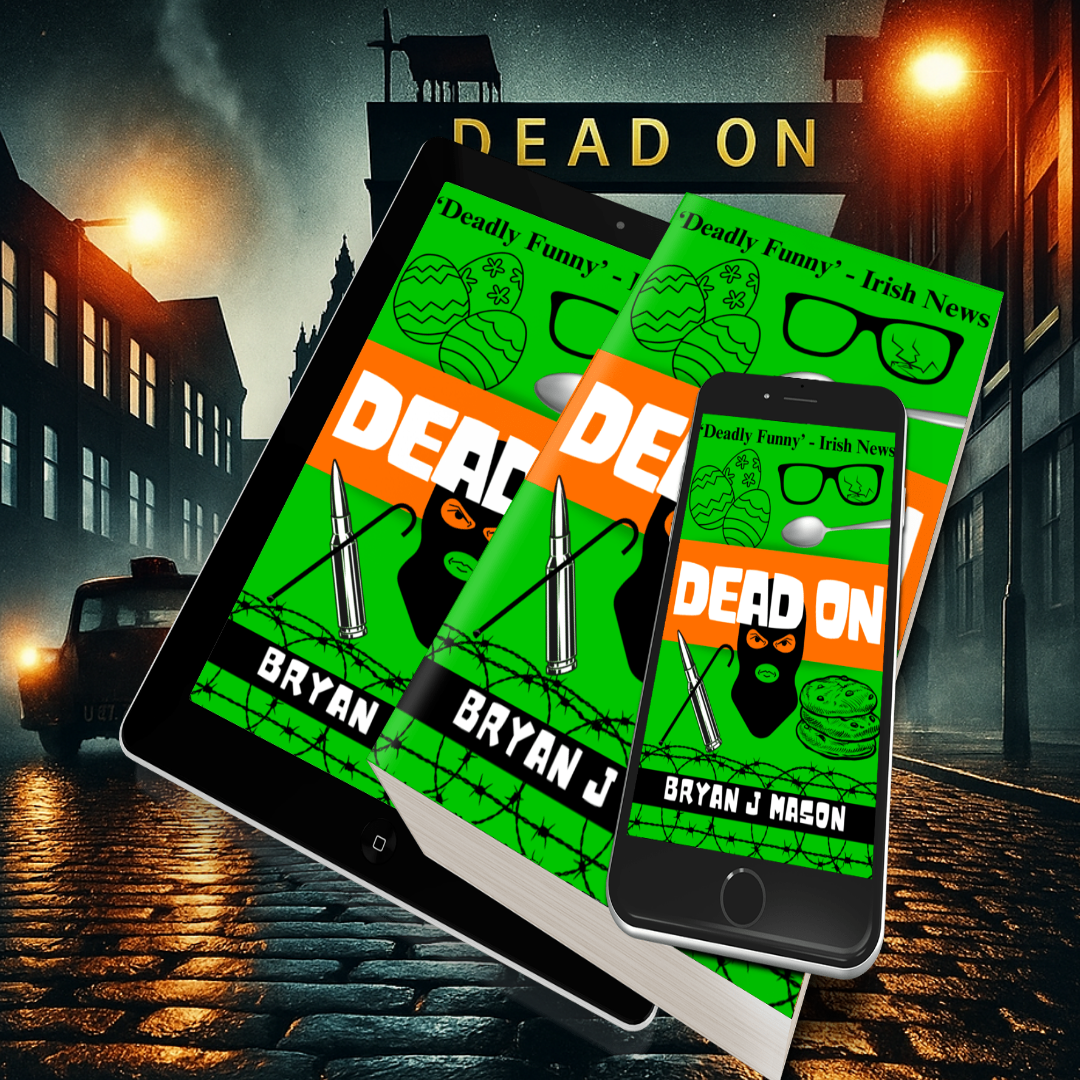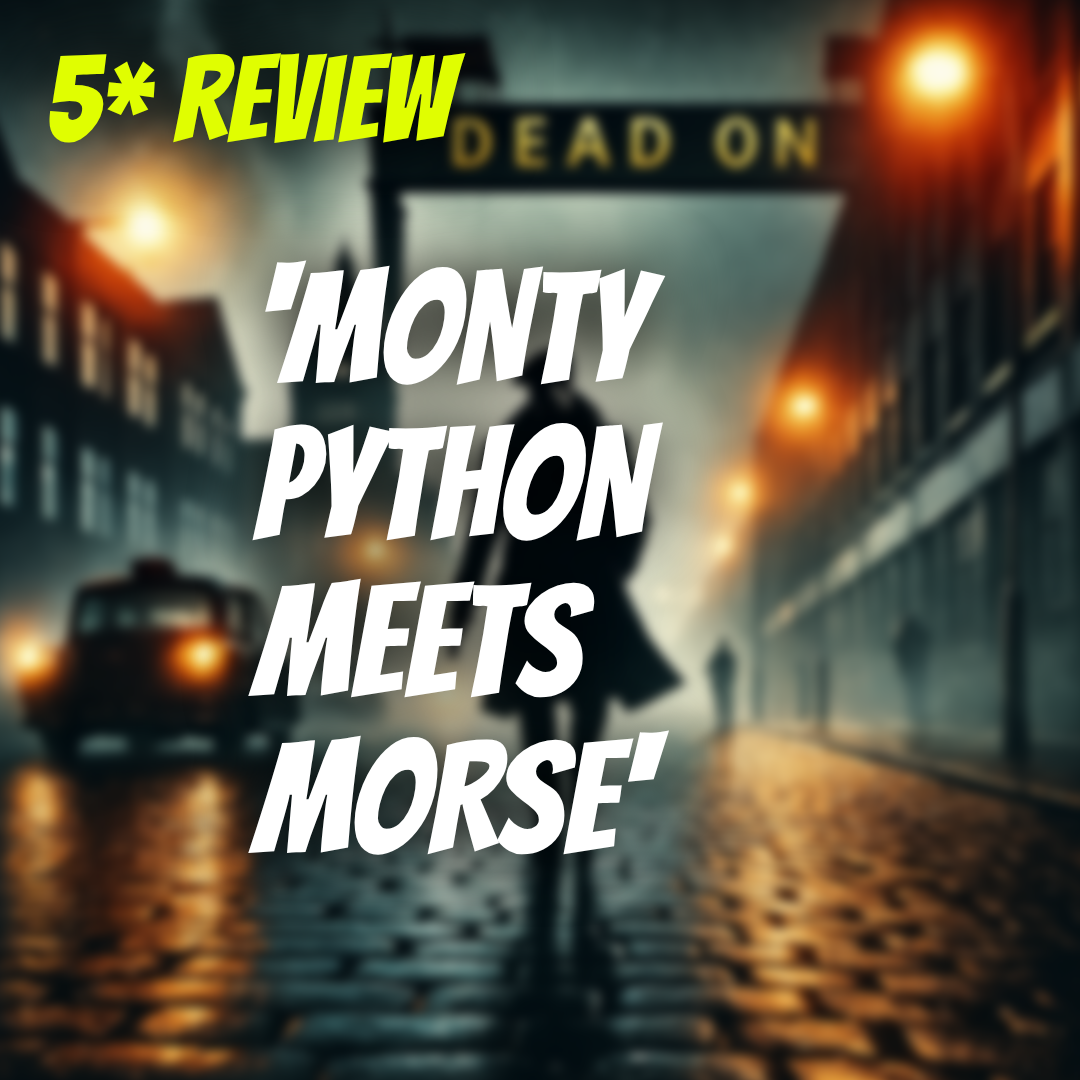 Philip Kerr’s Berlin Noir series was published between 1989 and 1991, and introduced the world to Bernie Gunther. Strangely, it wasn’t until 2006 that the books March Violets, The Pale Criminal and A German Requiem were followed up with The One from the Other, and since then the Edinburgh-born author has been bringing us regular episodes from the life of his tough, resourceful and compassionate hero. Prague Fatale came out last year, and a new Bernie Gunther novel will be with us in 2013. But what is it that makes this character so appealing?
Philip Kerr’s Berlin Noir series was published between 1989 and 1991, and introduced the world to Bernie Gunther. Strangely, it wasn’t until 2006 that the books March Violets, The Pale Criminal and A German Requiem were followed up with The One from the Other, and since then the Edinburgh-born author has been bringing us regular episodes from the life of his tough, resourceful and compassionate hero. Prague Fatale came out last year, and a new Bernie Gunther novel will be with us in 2013. But what is it that makes this character so appealing?
To begin with, Gunther has survived two world wars and seen death in all its forms. However, what makes the series fascinating is the challenge he faces, which is to keep his moral compass steady. Uniquely amongst fictional detectives, Bernie has to operate during the dark and savage days of the Third Reich.
Having returned from the trenches of The Great War, Gunther becomes a member of Kripo (Kriminalpolizei), the investigative branch of the Berlin police. During the turbulent years of the 1930s, he tries to steer an even and honest course between the rival political thuggery of the Nazis and the Communists, and when Hitler seizes power he eventually finds himself forced to join the SD (Sicherheistdienst), the intelligence division of the SS. Sent to Ukraine as part of an extermination group but having no stomach for this, he is shunted into the Wehrmacht on the Eastern Front, and is captured by the Russians. After the War, his ambiguous record makes him a person of interest to the Americans, the Russians and the leadership of the GDR, and he leads a dangerous existence among Nazi refugees in Cuba and South America.
Like John Lawton and George Macdonald Frazer, with their respective Freddie Troy and Flashman series, Kerr places fictional characters within real events and alongside celebrated or notorious historical figures. And, he manages to do so in a fascinating and totally plausible way. Assuming that Gunther was born in the mid-to-late 1890s, he can still be at work in the mid 1950s, albeit a heavier, slower and more breathless version of his former self – a latter day Ulysses. “Made weak by time and fate, but strong in will to strive, to seek, to find and not to yield,” writes Kerr of his hero.
 The author’s style, particularly his use of dialogue, sets him apart from most contemporary writers. His books are genuine literature, although I suspect written without literary pretension. In Prague Fatale, the most recent in the series, he describes Gunther meeting an American war correspondent in a Berlin blackout: “His Old Spice and Virginia tobacco came ahead of him like a motorcycle outrider with a pennant on his mudguard. Solid footsteps bespoke sturdy wing-tip shoes that could have ferried him across the Delaware….his sweet and minty breath smelled of real toothpaste and testified to his having access to a dentist with teeth in his head who was still a decade off retirement.”
The author’s style, particularly his use of dialogue, sets him apart from most contemporary writers. His books are genuine literature, although I suspect written without literary pretension. In Prague Fatale, the most recent in the series, he describes Gunther meeting an American war correspondent in a Berlin blackout: “His Old Spice and Virginia tobacco came ahead of him like a motorcycle outrider with a pennant on his mudguard. Solid footsteps bespoke sturdy wing-tip shoes that could have ferried him across the Delaware….his sweet and minty breath smelled of real toothpaste and testified to his having access to a dentist with teeth in his head who was still a decade off retirement.”
In his toughness, moral strength and cynical view of the world, Gunther is very much the heir of Philip Marlowe. His descriptions, sarcasm and one-line put-downs can be very funny. This is a line from A Quiet Flame, which came out in 2008: “The isosceles of muscles between her chin and her collar-bone had stiffened, like something metallic. If I’d had a little wand I could have used it to tap out the part for triangle in the Bridal Chorus from Lohengrin.”
This is not a man who makes jokes to amuse people, however. He gives us chilling descriptions of a corrupt and broken society, where powerful people use or destroy those weaker than themselves. “The girl dancing naked on the pagoda-like dance floor…. had eyes that were as cold and hard as the blackest piece of Pichler’s porphyry. Contempt was written on her face as indelibly as the birds tattooed on her small, girlish breasts,” writes Kerr in A German Requiem.
The ingenious plotting and razor-sharp dialogue, as good as they are, do not represent the pinnacle of Philip Kerr’s achievements in these books. Firstly, we meet living, breathing and all-too human versions of men who we know only through fading newsreel and the enormity of their misdeeds. Kerr does not seek to paint them as sympathetic characters, but he shows us how they see themselves – efficient, organised, urbane and thoughtful. There is a scene where Gunther meets up with the exiled Adolf Eichmann in South America after the War. Eichmann is wearily indignant that he has done anything wrong, other than carry out his duties efficiently. Gunther has many brushes with Reinhardt Heydrich, right up until his assassination in Prague in 1942. He’s described well in The Pale Criminal, back in 1990: “Tall, skeletally thin, his long, pale face lacking expression, like some plaster of Paris death mask, and his Jack Frost fingers clamped behind his ramrod-straight back, Heydrich stared outside for a moment or two, saying nothing to either of us.”
Secondly, Kerr addresses, through Gunter, with panache and sympathy, that most sensitive and unresolvable of issues – German guilt. Here and there he talks about sweeping the moral dirt under the carpet, and ponders whether a nation can feel guilt, or if each German deals with it individually. Certainly Bernie Gunther has his black dreams, his nightmares inhabited with the tortured faces of the innocent and guilty dead, but in the end his view is both optimistic and sardonic. “Mostly I try not to think about it but, as another famous German lunatic once observed, it’s hard to look over the edge of the abyss without the abyss looking back into you,” he says in Prague Fatale.










Well written and helpful overview of Kerr’s Berlin books, with all the important points covered. Have just rescued my copy of his Berlin Noir from the “to read” stacks at home and set it firmly on top.
David also wrote this excellent piece about Derek Raymond during Classics in September, in case you are interested – http://www.crimefictionlover.co.uk/2012/09/cis-derek-raymond/
Oh, I really need to get started on them.Ta!
Berlin Noir is on my bookshelf in the “To Read” category. Dark, intriguing, evocative of the mess that was Berlin; before I even start I’m thinking Smiley? Bernard Samson? can’t wait! but i have to get past Kurt Wallander first.
I’ve enjoyed them all. Bernie is one of my favorite characters. I always look forward to the next installment. Thank you for the great novels.